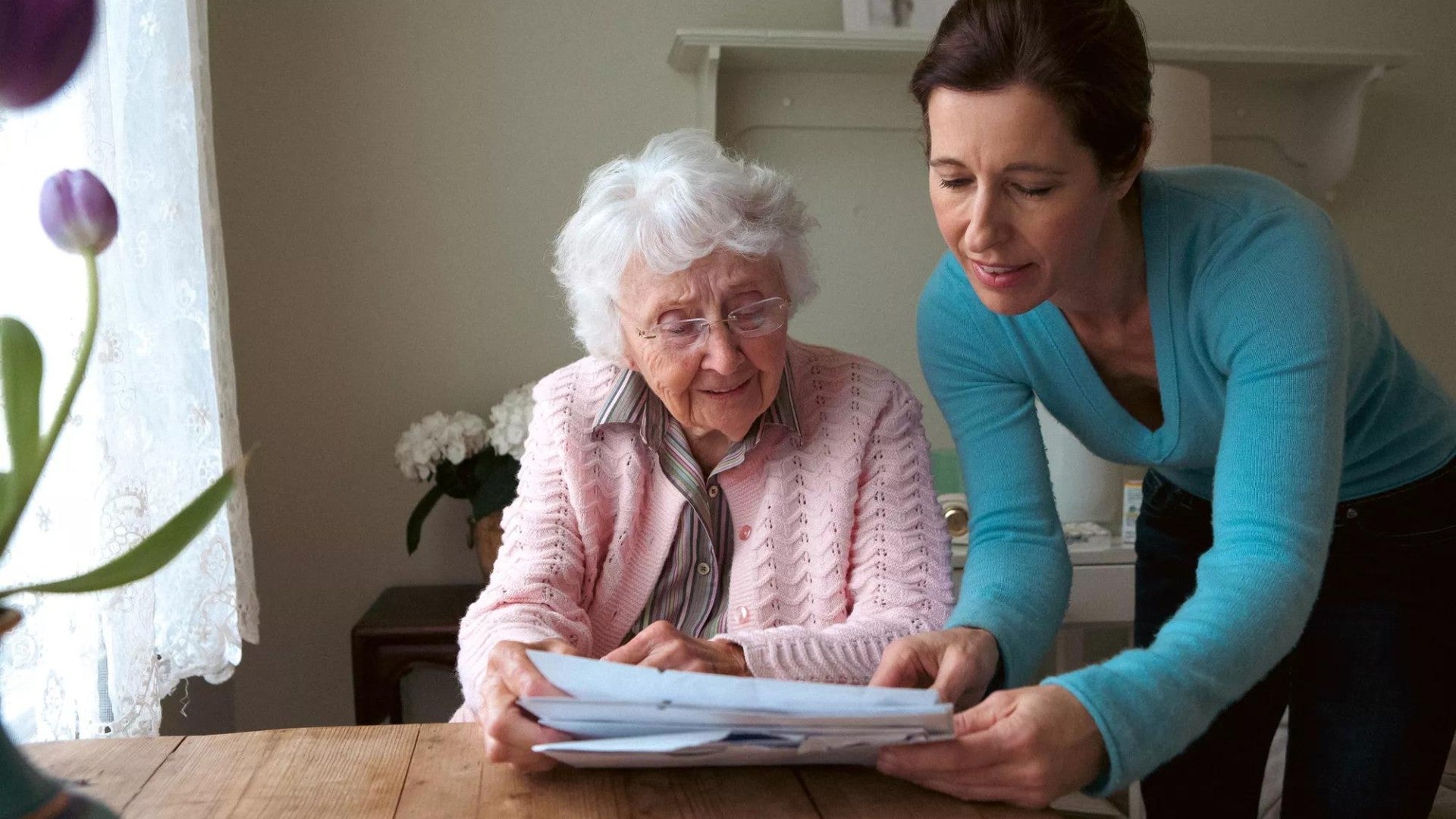It can be tough to bring up finances with your elderly parents. Here are four ways to start the conversation.

It can be tough to bring up the topic of personal finances with your elderly parents. You may worry it’s an invasion of privacy. Or that they’ll feel threatened or be concerned about losing their independence.
Ryan Pope, a Principal® financial advisor in Raleigh, North Carolina, has helped clients in similar situations. But it felt more real when he was faced with a similar challenge when his parents retired at age 64.
“It prompted conversations that were a little awkward at first, but necessary,” Pope says. “I feel like talking about their future really deepened our relationship because I know what their goals are and what’s scaring them.”
For example, his father was more concerned with the money side of retiring, while his mother wondered who would care for her if she becomes ill.
He wrestled with the same worries as his clients. Is this the right time? Will they perceive this the right way? Will they think I’m meddling?
One golden rule can guide you: Set the right tone. Pope says let elderly parents know you have their best interests in mind, and your goal is to help and support them, not exert power.
Beyond that, here are four ways to help you start the conversation.
1. Get help from your siblings.
Think about who has the closest relationship with your elderly parents. Have that sibling start the conversation privately. Bring in the others later to talk about the specifics of your family’s situation.
2. Start with a broader topic, like their next steps in retirement.
You could ask, Do you want to downsize? Or, What kind of care would you want if you become ill? It may get them talking more than if you just asked point-blank about their finances. And knowing more about their wishes will give you a better idea of how much money they may need.
3. Ask if you can take something off their plates so your elderly parents have more time to do what they want.
Pope says you could start with things that aren’t money-related—like helping with grocery shopping or finding a lawn-care service. Then offer to help with prepare their income taxes, if you feel you are qualified They may take you up on that, because who really likes to do taxes? It will give you access to financial information that opens the door to keeping the conversation going.
“The more involved I got in helping my parents, the more involved they wanted me to be,” Pope says. “When Dad built a new barn, he called to ask what I knew about getting insurance for it. He wanted me to be more of a partner to help with that decision.”
4. Offer to find out if your elderly parents qualify for financial help.
For example, maybe you can find ways to help them pay for prescriptions, health care, or even utilities. They’ll need to tell you their monthly income, how they spend their money, and what benefits they already receive. Elderly parents may be more willing to share information if they know it could help them financially, especially if you take the lead and help them through the process.
Planning ahead can help make transitions in their lives easier, both financially and emotionally. That's why it's important to find an approach that fits you and your parents—and start the conversation. And if you need support, reach out to your trusted financial professional, or we can help you find one in your area.
What's next
When helping your parents, check that your needs are taken care of, too. Log in to your Principal account to see how you’re progressing toward your retirement goals. Don’t have an employer-sponsored retirement account? We can help you set up your own retirement savings with an IRA or Roth IRA account.


